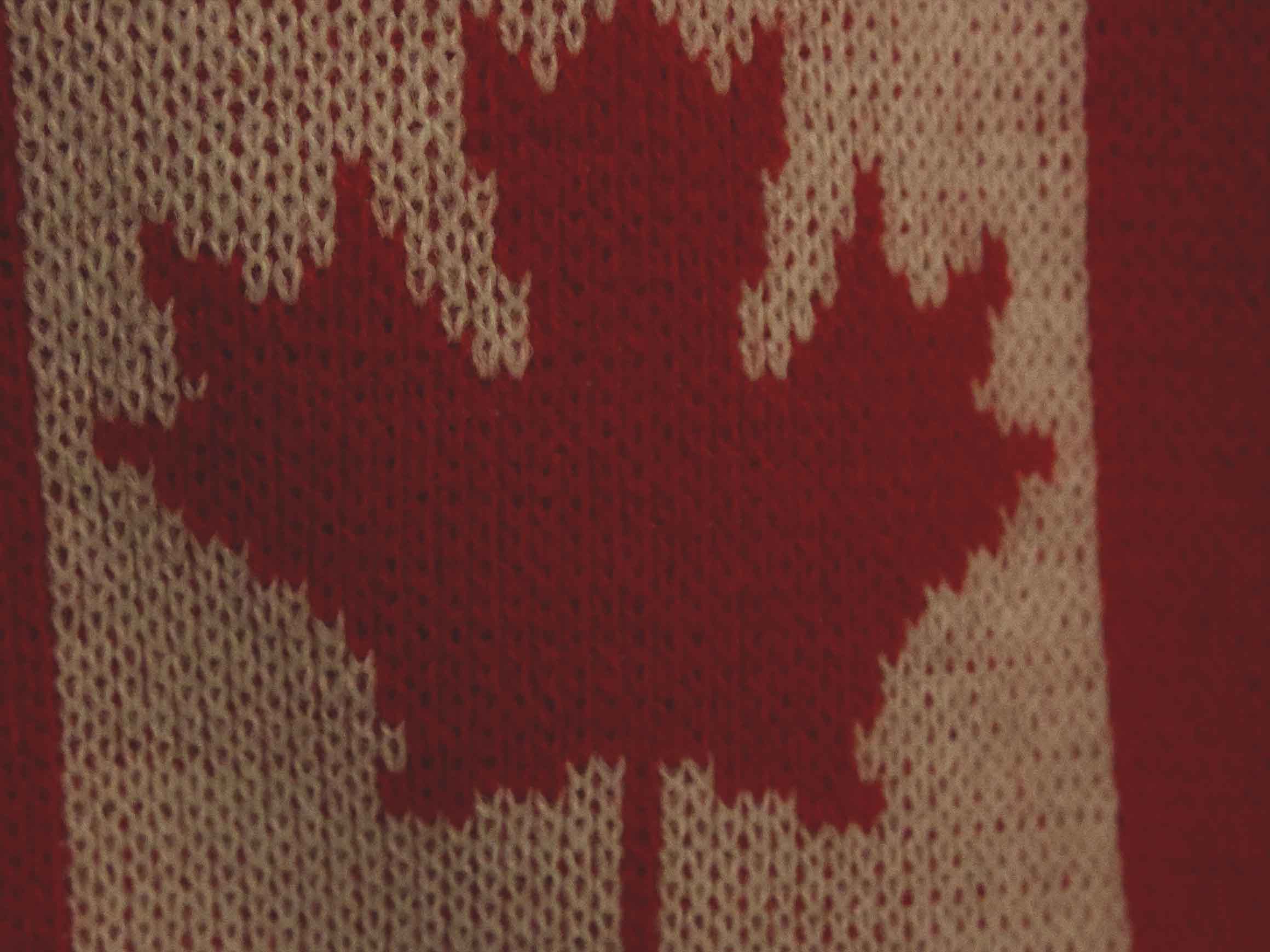Canada has placed a cap on the number of international student visas provided annually, and interested parties are divided on whether or not this is the right move.
For months now, the Canadian government has been limiting the number of international students who can come to Canada, with Immigration Minister Marc Miller heading the initiative.
In December, the amount of money prospective students were required to prove before entry doubled from $10,000 to $20,635 in addition to paying travel and tuition. He floated the idea of a cap for months before it was instated: only 360,000 study permits are expected to be approved in 2024 with the cap, a 35 per cent decrease from last year.
This cap will be split amongst the provinces and territories, “which will result in much more significant decreases in provinces where the international student population has seen the most unsustainable growth,” said Immigration, Refugees and Citizenship Canada in a news release on Jan. 22. In Ontario, that means a 50 per cent cut.
A CBC article discusses how Minister Miller calls some Canadian private colleges “the diploma equivalent of puppy mills that are just churning out diplomas,” or “fake” degrees, to turn a profit. According to a report by Higher Education Strategy Associates, around 76 per cent of Ontario colleges’ operating fees come from international students.
Miller also said that the increase in international students contributes to the housing crisis, along with short supply, affordability challenges and rising interest rates. He noted that capping students was not a “one-size-fits-all” solution, and “it isn’t immigrants that raised interest rates, but volume is volume and it’s something that we need to look at.”
Contributing to the problem are the “bad actors… taking advantage of these students with false promises of guaranteed employment, residency and Canadian citizenship,” said Jill Dunlop, Ontario’s minister of colleges and universities in a statement. Examples of these “bad actors” are education recruiters in India that CBC exposed in 2022.
With these false promises, many international students find hardship in the country that was supposed to bring prosperity.
Khalsa Aid Canada, for example, has seen a rapid increase in international students in Brampton struggling to access food, clothes and shelter. Jindi Singh, the national director of Khalsa Aid pointed to the nearly 500,000 international students in the GTA “who are left to fend for themselves” and straining the resources of local charities while post-secondary institutions make billions of dollars in profit.
Singh said he welcomes the cap on international students but feels it equally important for the government to support those who are currently struggling.
Not everyone agrees that the cap is a good thing, though.
With such a severe decrease in funding from international students and a tuition freeze already in effect for domestic students, many Canadian universities are anxious about what the future holds.
In an interview with CBC, the University of Waterloo’s president Vivek Goel said that the biggest challenge is uncertainty: “We haven’t heard yet from the province on how it will make decisions around allocating between colleges and universities, first of all, between private and public institutions, for individual institutions.”
A somewhat grimmer prediction came from Isaac Garcia-Sitton, executive director of international student enrolment, education and inclusion at Toronto Metropolitan University in an interview with Global News.
“This cap will bring financial risks for institutions, which may translate into layoffs, program closures and fewer services for students,” said Garcia-Sitton.
Ontario Premier Doug Ford has already said in a January media conference that he does not wish to remove the domestic tuition freeze: “I just don’t believe this is the time to go into these students’ pockets, especially the ones that are really struggling, and ask for a tuition increase.”
With this general decrease in funding, some have suggested that the federal government should put more money into post-secondary institutions, like Manpreet, the chairperson of the Alliance of BC Students. Overall, the situation remains unresolved.
All of this comes in the wake of the change Brock University made in 2022 to make international students’ tuition more affordable: introducing a structure that fixed their undergraduate yearly tuition at whatever they paid in their first year.
Austin Hurley, BUSU’s Vice-President of External Affairs at the time, called the decision a “huge win for international students at Brock.”
Now, the university faces the same uncertainty as other post-secondary institutions across the country. When asked about the recent cap, Brock provided the following statement to The Brock Press:
“Brock remains concerned about the impact the recently announced cap on international study permits may have on the University and is awaiting further details from the province regarding its allocation.”
Canada currently sits in a state of flux regarding this cap. With hazy details surrounding the logistics of the decision and competing perspectives on who benefits, only time will reveal the impact of the international student cap and what it means for Canadian students.

